“I’m not known for my wild emotion,” jokes Neil Hannon, sitting in the Paddington Hotel in London. It’s one stop on the “madcap jet set life” Hannon has been leading, on his way to Spain following the UK, to promote his thirteenth album with the Divine Comedy, Rainy Sunday Afternoon.
The Northern Irish singer-songwriter’s pensiveness, humor, and unavoidable sarcasm are written all over Rainy Sunday Afternoon. The title suggests a wandering mind, and a vision of staring out the window at the rain, thinking of memories, moments, and making sense of present situations. And the songs were ones Hannon crafted out of necessity, coping with loss, and uncertainty since releasing Office Politics in 2019.
Written, arranged, and produced by Hannon and recorded at Abbey Road, Rainy Sunday Afternoon is the soundtrack for the downtrodden, but not all is doom and gloom. “My musical output is, for better or worse, a representation of my personality,” said Hannon of the album in a previous statement. “A good chunk of that personality revels in the rumbumptious; celebrates the silly. … I have, though, like everyone, a darker, more melancholy side. And for one reason or another, it has been much in evidence of late.”
He added, “I needed to use this album as an outlet for those feelings, to work through some stuff—mortality, memories, relationships, political, and social upheaval. Everyone should get to make an orchestral pop album once in a while.”
Opening on the oldest song, “Achilles,” is a song Hannon wrote 11 years earlier, inspired by Patrick Shaw-Stewart’s 1915 poem, Achilles in the Trench, on the British soldier’s fear of dying while serving during World War I. It was also a song that “missed the boat” on the band’s 2016 album Foreverland and Office Politics, before fitting into Rainy Sunday Afternoon.
Videos by American Songwriter
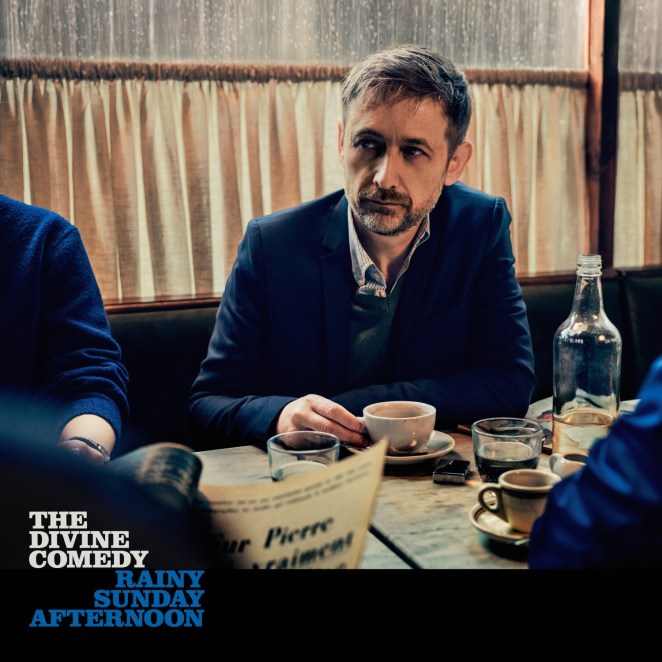
“When it came to this record, I had to completely reinvent it, rearrange it, and chop it about a bit,” says Hannon of the track that could have been a television theme song in another life. “I didn’t know what this album would be until I’d written a lot of stuff and kind of collated it all,” adds Hannon. “The songs, they sort of divide themselves into groups, and you think ‘Does this fit an organic, lush, orchestral, album, or shall I do the electronic salsa album?’”
The waltz-y “The Man Who Turned Into a Chair” offers some comic relief, a song ignited by Hannon’s wife, Cathy Davey, who warned him that if he continued sitting and watching cricket, he’d turn into “a f–king chair.” There’s levity before the heaviness sets in, whether it’s an unhealthy relationship, “I Want You,” or the more upbeat title track reflecting on the gravity of life during the past several years—Really feel like I have the weight of the world … funny how some days you can’t pretend. Hannon also touches on longing in “The Heart is a Lonely Hunter,” written while he was reading the 1940 Carson McCullers book of the same name.
“I wanted to keep it really vague because it’s not about the book at all,” says Hannon. “It’s just about the sound of those words, what they might conjure in your imagination. For me, it conjures silhouetted figures on horseback moving across a screen. I imagined it would look a bit like Don Quixote on his horse, roaming endlessly across a barren plain.”
With Hannon, there’s usually a visual linked to the lyrics, formulated in his mind. “It’s kind of like a film rolling in my head as I write,” Hannon says, joking, “That’s why we’ve made such terrible videos over the years. I never know how to visualize it without millions of dollars in budget.”
His imagination is endless. One moment he’s moving through the pop theme song on a Wonka-like tale of a parallel world on “Down the Rabbit Hole,” then pausing on the passing of his father, Brian Hannon, in 2022 at age 85, on the sentimental “The Last Time I Saw the Old Man.”
“It was pretty grim, but I didn’t set out to write the song,” shares Hannon of “The Last Time I Saw the Old Man,” about the final years of his dad’s life after being diagnosed with Alzheimer’s disease. “In many ways, I was probably trying to run away from the whole thing, but then I was just walking the dogs, and I started singing ‘The last time I saw my papa,’ and thought, ‘Well, Papa is too posh, but I like the tune.’”
He continues, “I thought ‘I know what that’s about, but now I have to write it. And that’s always a weird moment, because sometimes you’re forced by your tortured psyche into writing a song that you don’t particularly want to deal with.”
In processing his father’s death, “The Last Time I Saw the Old Man” wasn’t written to make any “big statements” but as more of a tribute. “It’s just a brutal exposé of how it all ends and how nobody feels any better at the end of it,” shares Hannon. “I’ve written lots of lovely things about my father over the years, so this is more about the disease than it is about my dad.”
Filled with brass, strings, sax, clarinet, mellotron, harpsichord, and even tubular bells, heard on the jazzier “All the Pretty Lights,” the more orchestral arrangements somehow leave infinite space for the lyrics throughout the album.
“They all sort of grow together,” says Hannon, who says he often relies on memory, or the partial remnants of it, for songs. “All the Pretty Lights” is a perfect example of how vague childhood memories helped shape one song. This time it was a family trip during Christmas 1978, and Hannon’s first time on a plane to London, where the family was visiting, so his father, a Church of Ireland bishop, could christen his cousin.
“I just found that the most kind of extraordinary adventure at the time,” recalls Hannon. “The world was so enormous, London was so enormous, and obviously, it was snowing all the time in my memory. But I have no idea if that’s true or not, so the song is all about the excitement of Christmas, and the fragments of memories and how they can often be as interesting as fully formed history.”
Since releasing the Divine Comedy’s 1990 debut Fanfare for the Comic Muse, songwriting for Hannon, who wrote the theme songs for the mid to late-‘90s Irish clergy comedy Father Ted and IT Crowd, along with the music for the 2023 Tim Burton film Wonka, starring Timothée Chalamet, was never a linear movement.
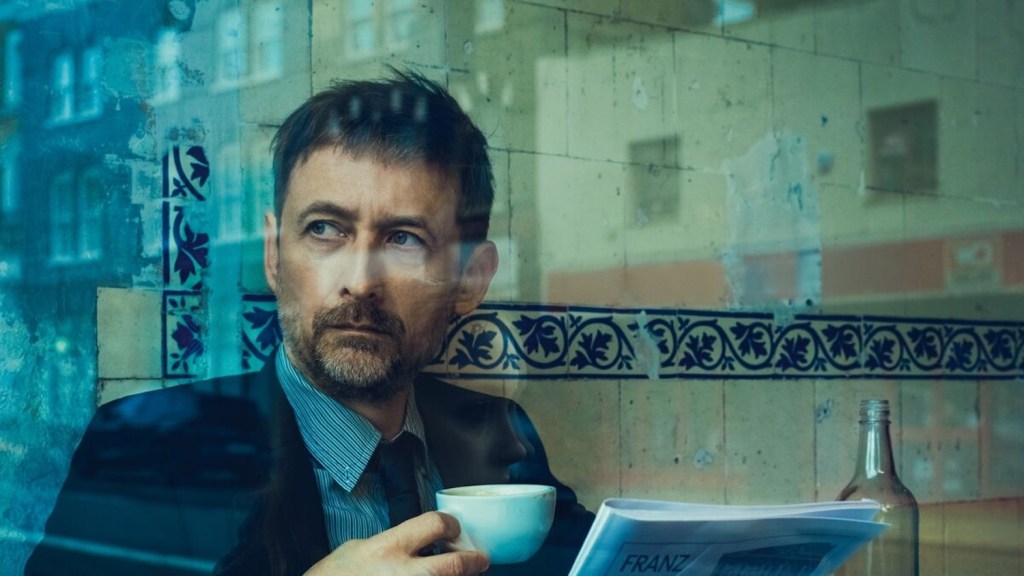
It requires noodling around with music, sifting through words jotted in notebooks or saved on a phone. “There’s always something that sort of wants to attach itself,” he says. “I have to have the right sound and vibe for a piece of music, or vice versa. I let them evolve that way. It’s very rare that I sit down and write a whole song all at once.”
When writing the songs for Wonka, along with composer Joby Talbot, Hannon recalls being locked in a small room with a piano and writing as the script was being edited. “They’d say ‘We need a song for this bit, have something by the time we meet at five,’” laughs Hannon. “It was incredible pressure, and I loved it. It was hilarious. I felt like I was back in the Brill Building with Carole King and all the greats.”
There are two ends to writing, he says, one that’s easy and the other that becomes more difficult as you move forward. “It’s so easy to be original when you’re starting, because you don’t know what you’re doing, so everything you do is original because it’s all by accident,” says Hannon. “You’re so in love with your own music when you’re 23 … and you’re happy to have finished a song that thematically works and has a beginning, a middle, and an end.”
The problem, Hannon says, comes when “proficiency” kicks in. “Then, you understand why certain chords do certain things to get you from one place to another,” he says. “You know how to make the momentum build and ebb. But with that experience comes boredom, and you start to write things, but it’s boring because there’s no struggle, so you have to sort of keep trying to find new ways to sort of screw yourself up.”
And Rainy Sunday Afternoon is filled with some of the messier stories of life. There’s even a political jab on the Caribbean-bent “Mar-a-Lago by the Sea,” inspired by the current U.S. president’s residence. A piano-led instrumental, “Can’t Let Go” segues into “Invisible Thread,” closing the album—which went to No. 4 in the UK—on lighter notes. Featuring Hannon’s daughter Willow on backing vocals, the latter track is a paternal note on the crossing when children grow up—Now go, spread your little wings and fly / Smile, you don’t need a reason why—and is accompanied by a music video featuring Father Ted star, comedian Ardal O’Hanlon.
There’s a “shared vibe,” on the album, Hannon says, that’s mostly melancholic and emotive. “On this one [album], there’s more upbeat pieces in there,” he says. “I may express myself a little more bluntly on this one. It’s a little more obvious what I’m actually talking about, because I have been known to obfuscate, but now there are fewer jokes. There’s less disguise.”
Photo: Cover of the Divine Comedy’s ‘Rainy Sunday Afternoon’

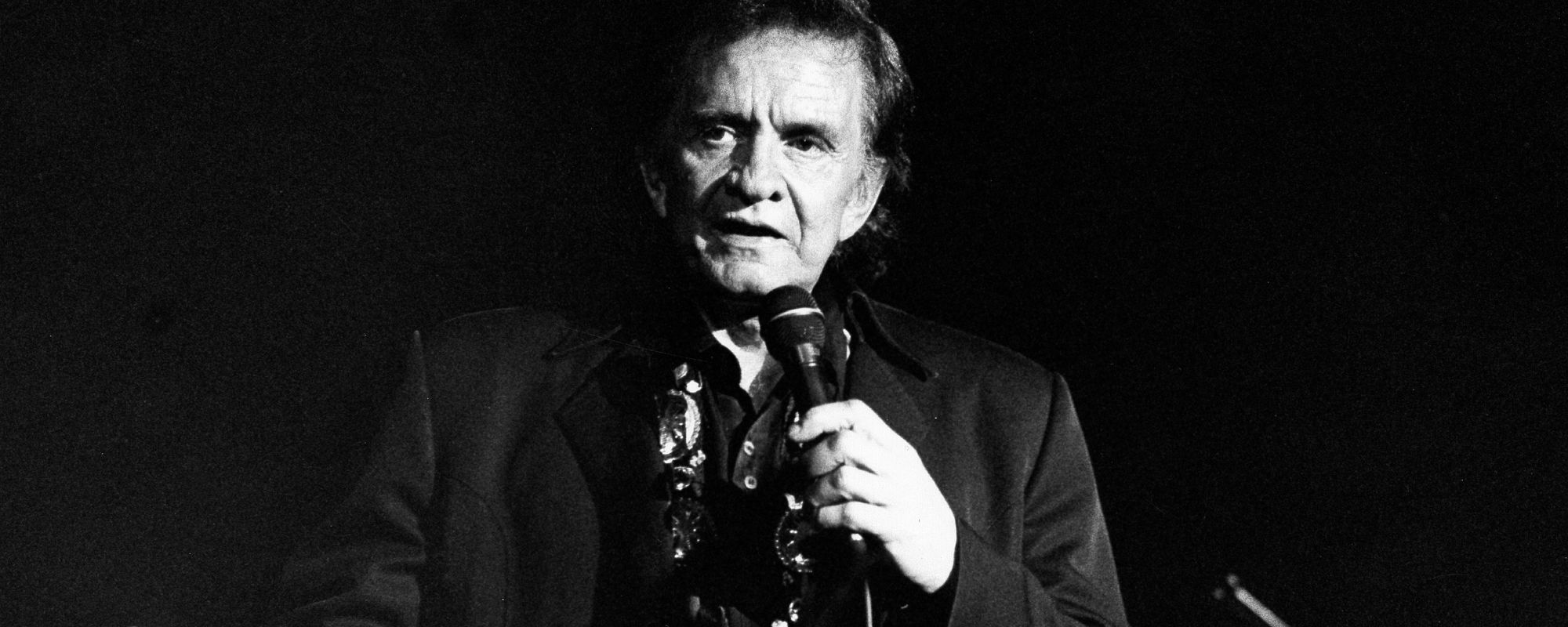
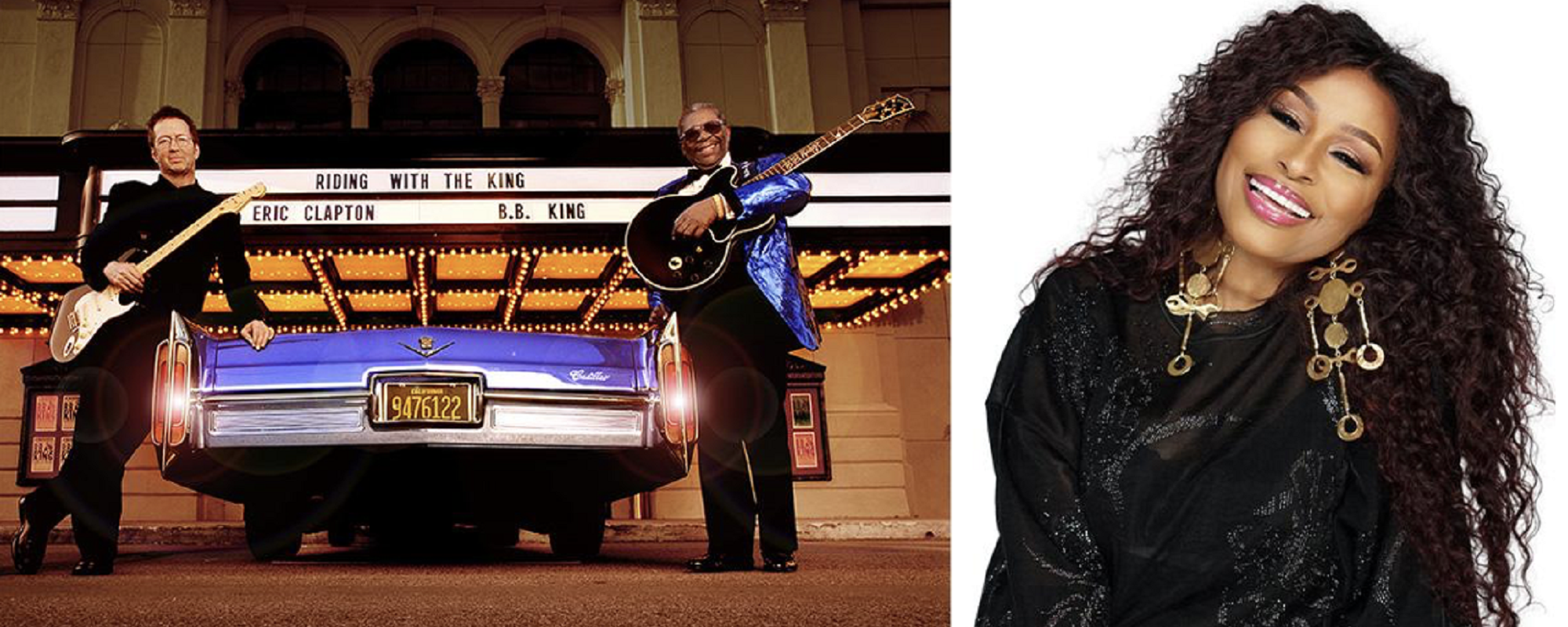
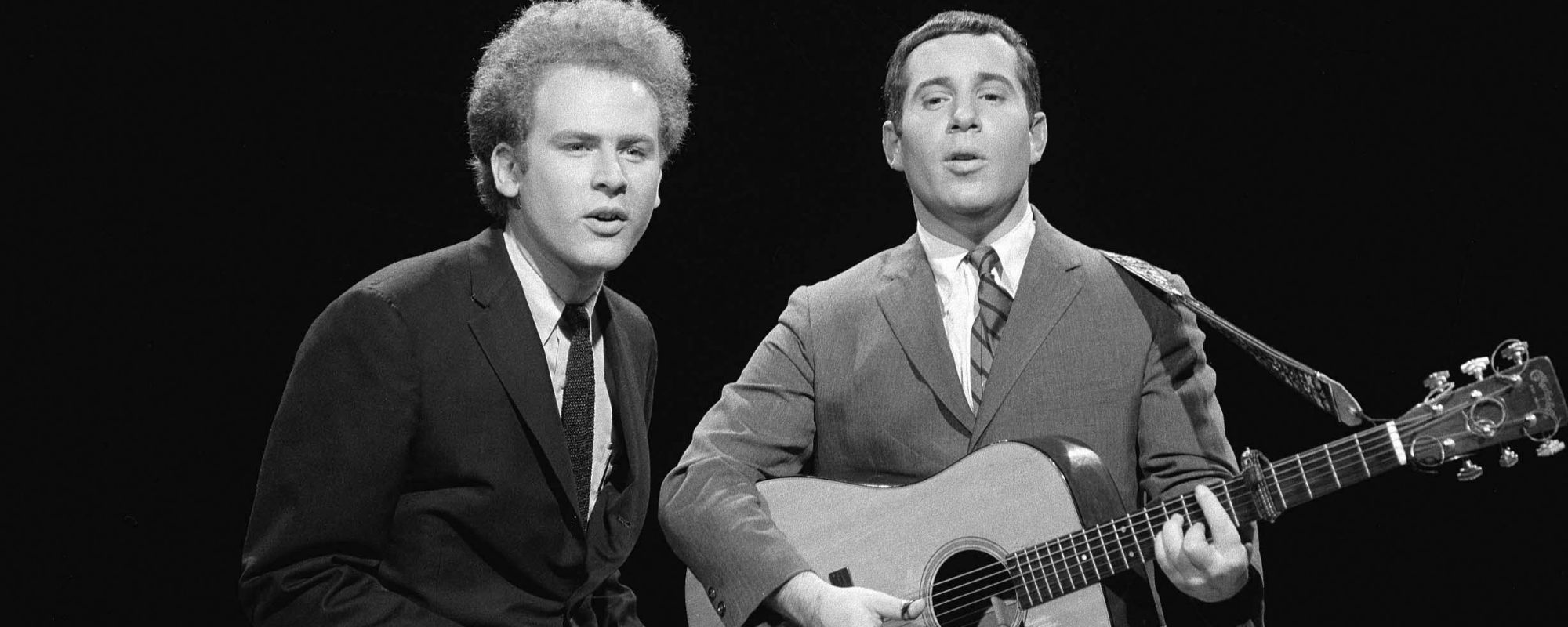
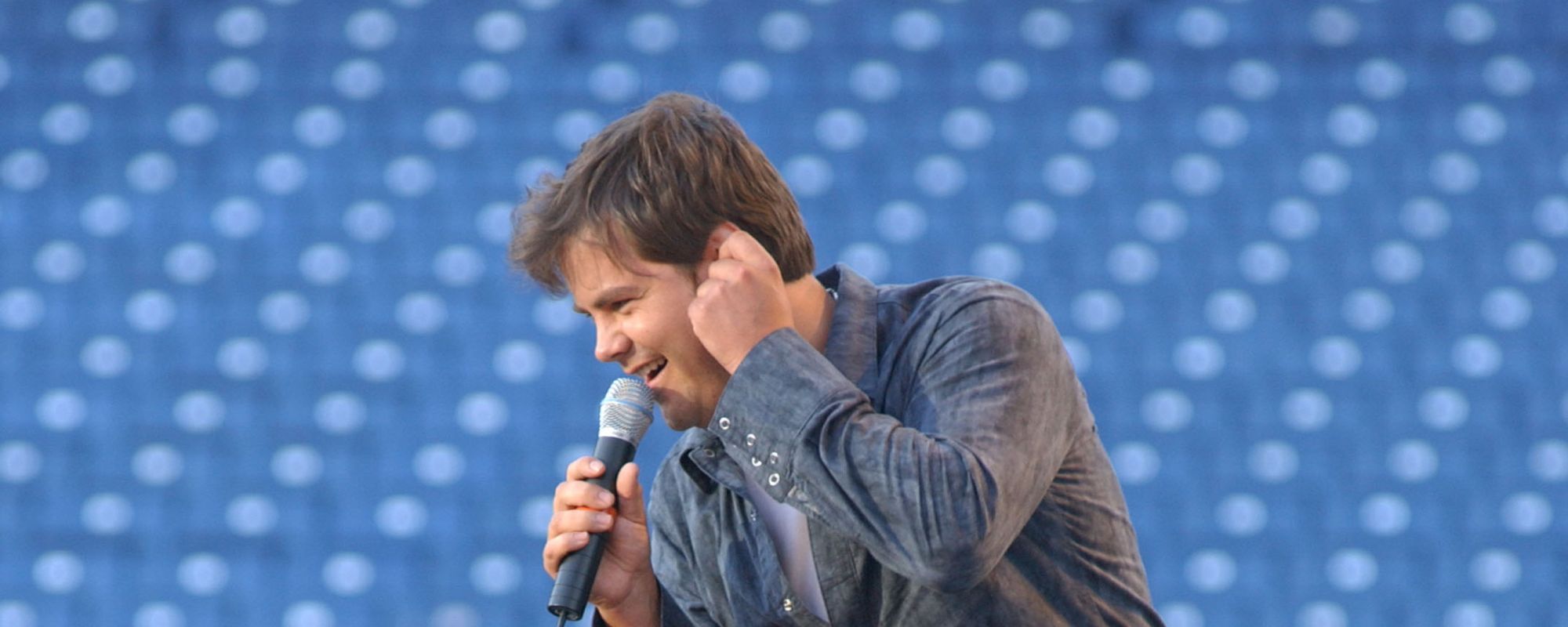
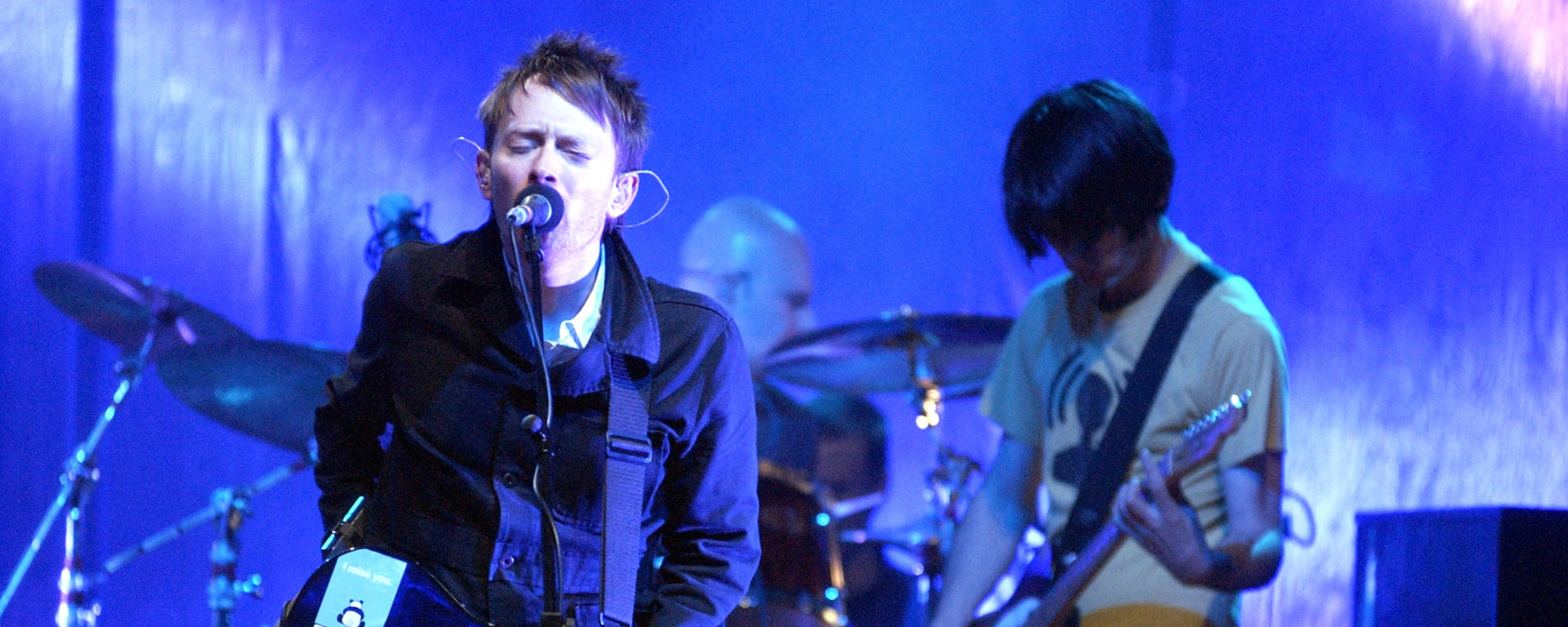
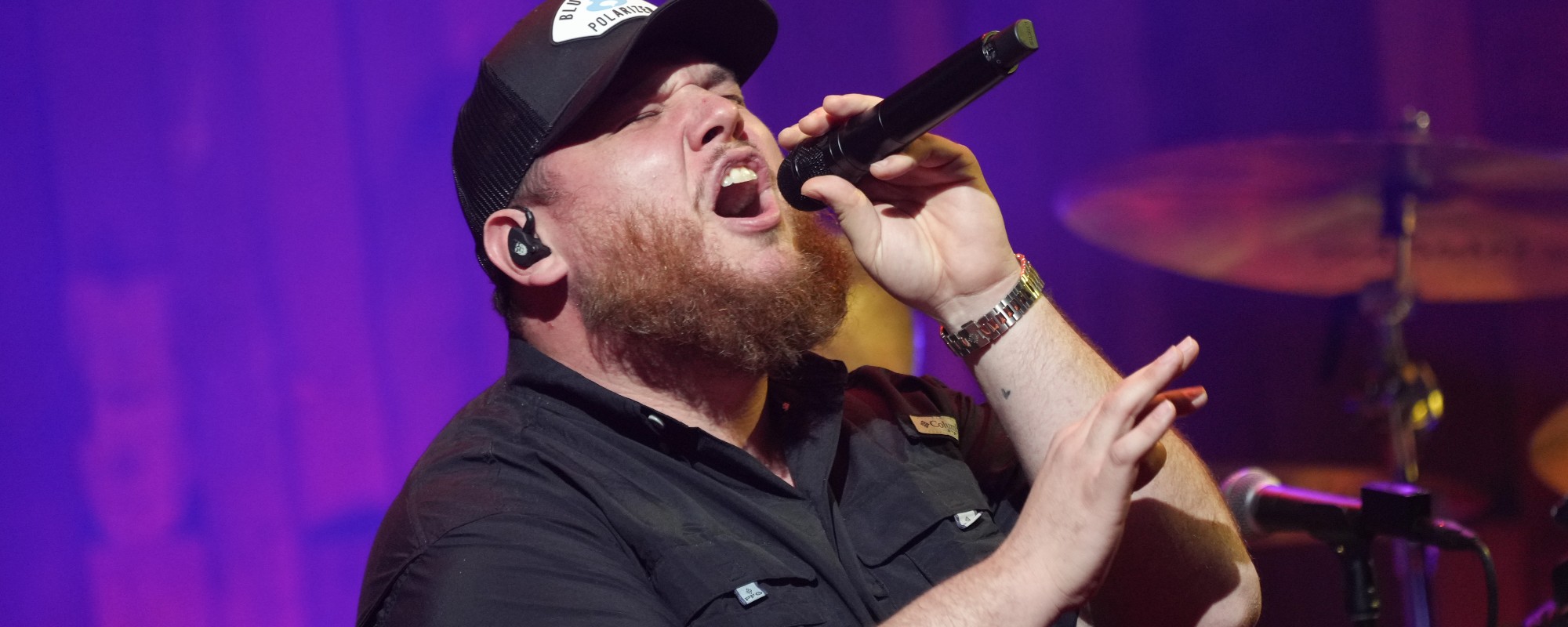
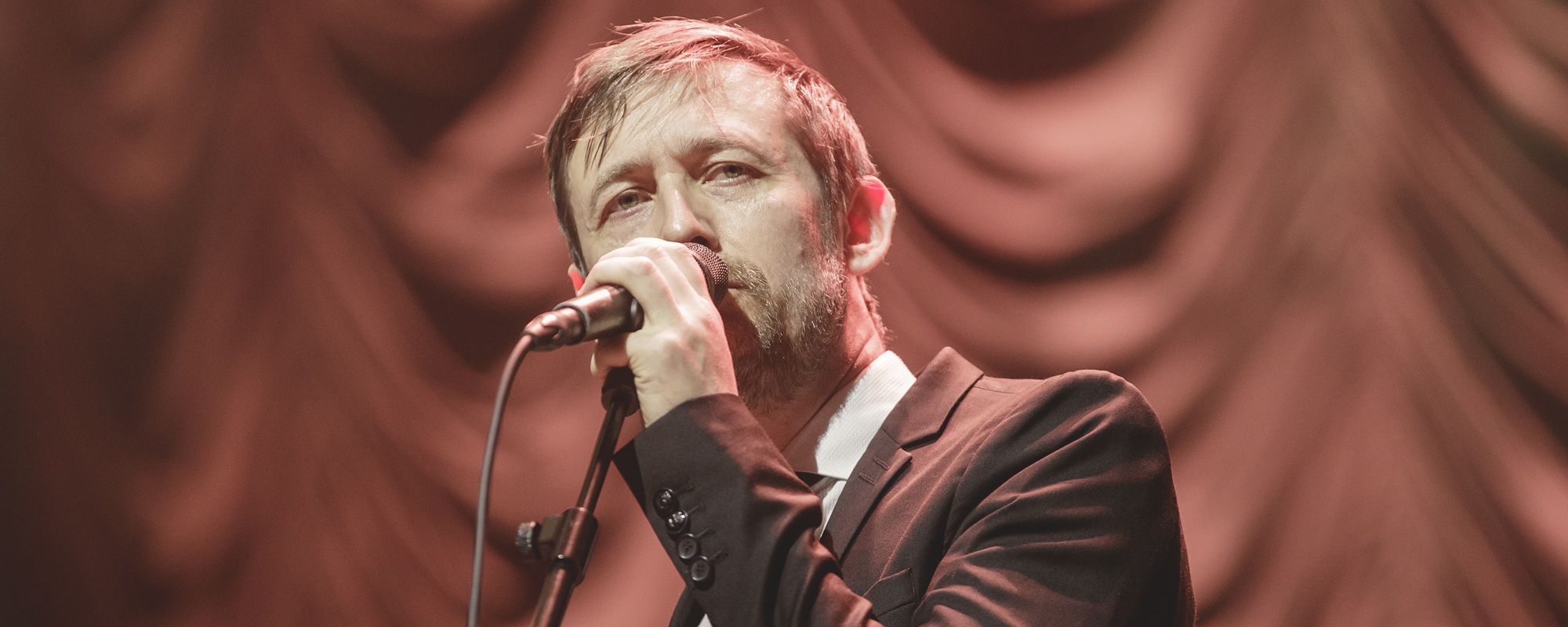
Leave a Reply
Only members can comment. Become a member. Already a member? Log in.